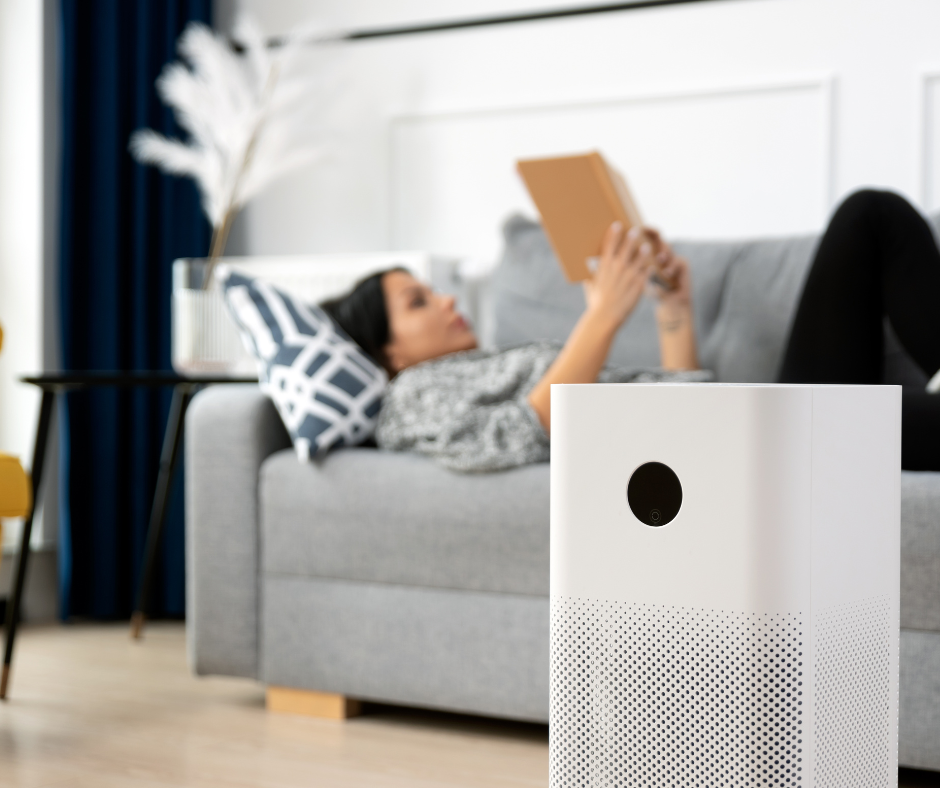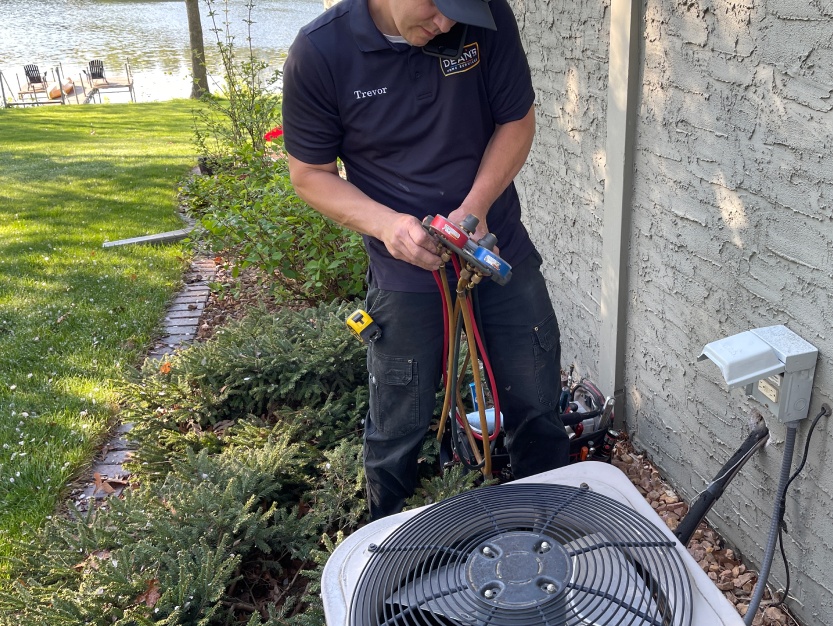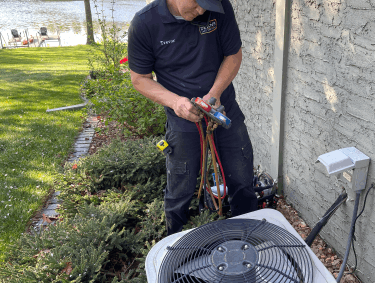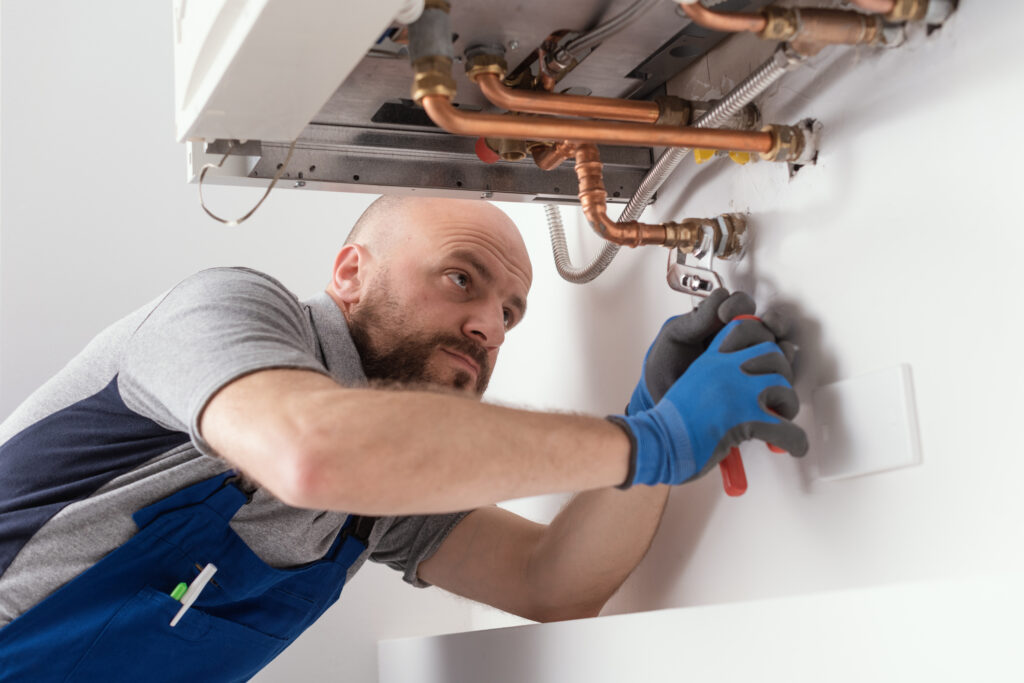Can Air Conditioning and Heating Cause or Trigger Eczema?

If you or your child have eczema, you understand the discomfort that flare-ups can cause. You probably also take measures to reduce your chance of an eczema flare-up in the future. If you are still experiencing red, itchy, dry, and painful patches on your skin, the source of your eczema symptoms may actually be your indoor air quality.
In this article, we’ll help answer whether heating or air conditioning can cause your eczema to flare up.
Low Humidity Levels Can Trigger Eczema
When your home’s humidity level is too low and temperatures are warm, your skin can dry out. On top of these conditions, running your air conditioning constantly during the summer can trigger your eczema and make it harder to get under control without your home being uncomfortable.
Dirty Air Filters Can Cause Increased Allergens
If you suffer from seasonal allergies or are sensitive to indoor allergens such as pet dander, dust, mites, and mold, your eczema may worsen due to high exposure. If your air conditioner isn’t working to properly filter your air, these allergens will hang around in your home and can cause a major flare-up.
How To Avoid Eczema or Itchy Skin From Your AC
The easiest way to improve your home’s indoor air quality and decrease your eczema symptoms is by maintaining your HVAC. You can choose filters that can handle trapping large portions of allergens, which will help keep your air clean. To maintain your home’s humidity levels, consider purchasing humidifiers and placing them around the living spaces in your home such as bedrooms. This will help your air conditioner maintain proper humidity levels and adjust to when levels are not ideal.
Additionally, you should always stay on top of regular air conditioner maintenance. Performing regular checks on your AC will help to prolong its lifespan as well as prevent making your eczema symptoms worse.
To schedule an appointment with one of our HVAC professionals in the Twin Cities, contact us today!





Request Service


- Free annual evaluations
- 10% discount on repairs and equipment
- Priority scheduling
- No regular travel charges
- Discounted after-hours travel charges





